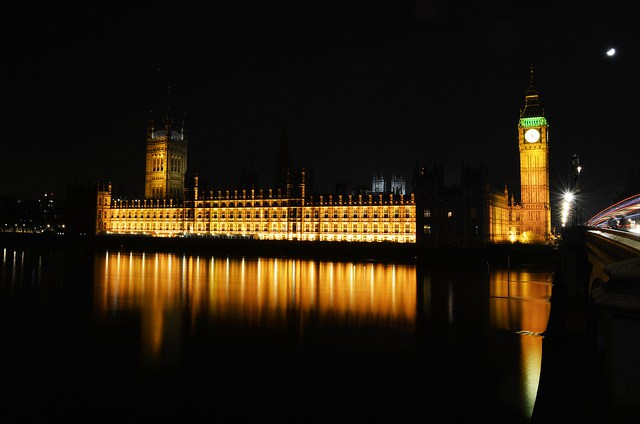
UK Trade Repositories and EMIR after Brexit, the future of unified global derivative reporting regulation
With the UK potentially slated to leave the EU following the Brexit referendum vote, it has triggered speculation as to EMIR regulation will continue to be applied to British firms.
A derivative reporting framework that went into effect in 2014 (more on EMIR), the regulation covers all financial and non-financial firms in the EU that trade derivatives to comply with EMIR. As such, once out of the EU, UK countries would no longer fall within the jurisdiction of EMIR requirements.
Nonetheless, due to global recognition among financial supervisors to implement derivative reporting frameworks, in the event that the UK splits from EMIR, another similar regulation is expected to be put in effect.
Trade repositories under EMIR
While the future of UK companies under EMIR is in doubt, one less discussed aspect of the Brexit’s effects on EMIR regulation are its trade repositories. Trade repositories exist to receive, store and secure derivative trade reports, and make the information available to financial regulators.
Currently there are six trade repositories approved by ESMA for collecting EMIR reports. Of those, four are headquartered in London, with the exceptions being Luxembourg headquartered REGIS-TR and Polish based KDPW.
On the surface, the fact that 2/3 of trade repositories are based in the UK could be viewed as a potential problem for EMIR reporting, with these entities needing to move back into the EU after Brexit. However, the UK leaving the EU could actually be a blessing in disguise for the overall global derivative reporting regimes.
Reporting unification
Despite being based in the UK, the four trade repositories may not need to leave London and back into the EU to support EMIR reporting. This is based on cross-border recognition that ESMA and other jurisdictions have passed to allow for sharing of information between central clearing party (CCP) venues and trade repositories.
As such, EMIR regulation already includes the ability for non-EU trade repositories to be authorized (Chapter 2 Article 75). While focused on CCPs, ESMA has signed “equivalence” agreements with the US, Japan, South Korea, Switzerland, Australia, Canada, Hong Kong, India and Singapore.
For the UK, upon the country passing new derivative reporting standards that are respected by ESMA, it would then allow the current batch of London based trade repositories to remain in place, and become authorized to support EMIR for EU entities.
As the UK will need to set up its own structure for handling derivative reporting, country regulators will be able to leverage the experience of the existing trade repositories. A potential result is overlap on reporting standards between EMIR requirements and whatever is put in place in the UK.
Specifically, sharing definitions of what needs to be reported would be appreciated by firms that fall under derivative reporting requirements for both the EU and UK.
Over the longer term, having in place repositories that are supporting multiple jurisdictions could promote other countries to standardize their reporting requirements. In this regard, buy-side groups, led by the International Swaps and Derivatives Association (ISDA), have been pushing forth working papers and industry wide ‘best practice’ proposals to harmonize reporting standards across major financial jurisdictions.
Image source Pug Girl “London” via Flickr





